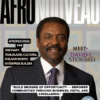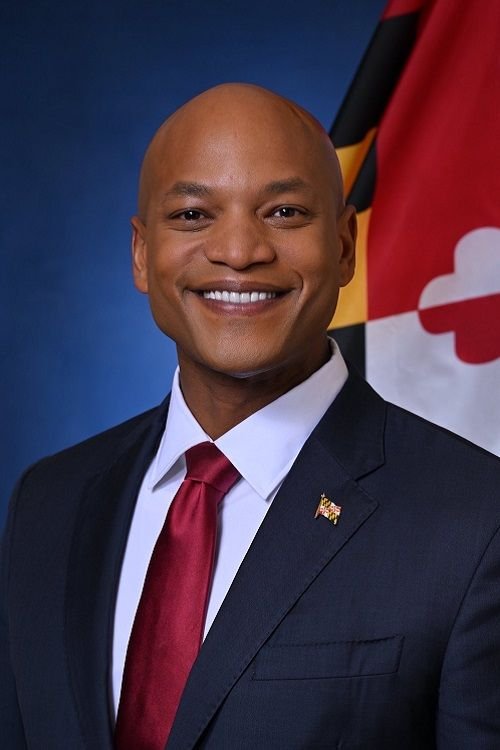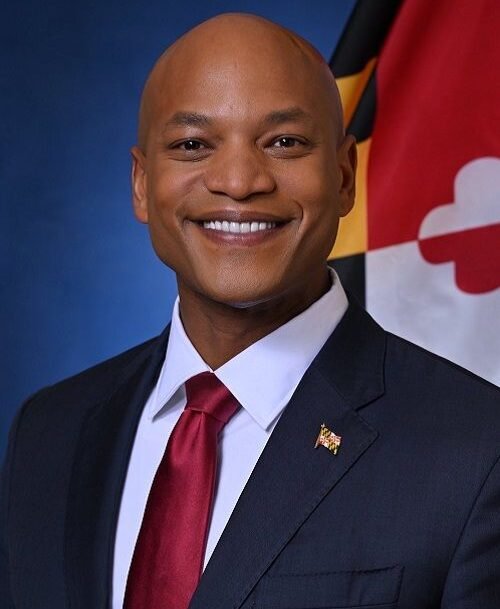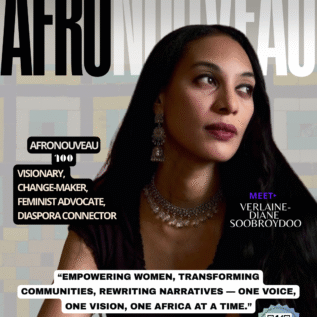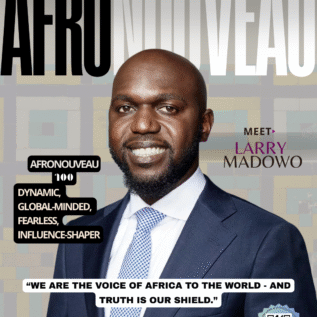Leading with Service, Equity, and Vision for the Future.
“Success isn’t only about personal achievement—it’s about inspiring others to act.”
IMPACT AND INSPIRATION
Governor Wes Moore’s story is one of service turned into scale. From Army deployments to nonprofit leadership and now the governor’s office. He has moved from boots-on-the-ground service to building institutions that link philanthropy, policy, and jobs. As governor he prioritizes public service pathways, housing affordability, and targeted anti-poverty investment—using metrics and partnership to expand opportunity. His blend of narrative and operational leadership pushes a practical, hopeful model that inspires AfroNouveau leaders across generations globally—much like Damson Idris: The AfroNouveau Actor and Trevor Noah: The AfroNouveau Voice in the Afro-Lately series.
ADVOCATE
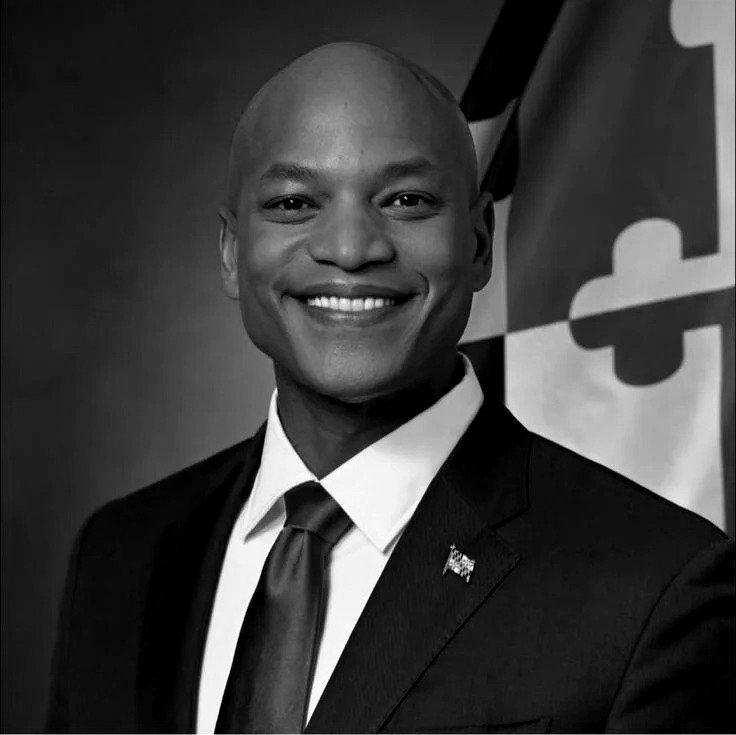
Governor Wes Moore honed his approach to fighting poverty as CEO of the Robin Hood Foundation from 2017–2021, where he reoriented the organization toward policy and results. Under his leadership Robin Hood raised substantial sums to meet urgent needs during the pandemic and to scale longer-term anti-poverty programs. Reporting shows the foundation raised roughly $650 million during his tenure. These included a major fundraising push in 2020 to address COVID-19 impacts. He also pushed new funding vehicles—like targeted support for leaders of color—and expanded Robin Hood’s programmatic reach into citywide initiatives. This mix of capital, measurement, and program design shaped Moore’s view that charitable scale can be wielded for structural change. His nonprofit playbook now underpins his public policy choices.
POLICY VOICE
Sworn into office on January 18, 2023 and Wes has made public service a signature policy strand of his administration. He sponsored and signed first-in-the-nation service-year legislation in April 2023. Also, he launched the Service Year Option to give high-school graduates a civic pathway with training and scholarship support. His budget proposals included seed funding for a Department of Service and Civic Innovation to scale those opportunities statewide. He has also pushed a multi-part housing agenda—signing housing bills in April 2024—to address affordability and vacancy problems. His posture is consistent: pair incentive-based statewide goals with local partnerships to move metrics on jobs, housing, and civic engagement
COMMUNITY BUILDER
Moore has long invested in local leadership pipelines. He co-founded Baltimore Corps around 2013 to recruit and support civic talent and public-service placements. That initiative and its pandemic surge to hire public-health workers reflect a practical focus on workforce pipelines rather than only headlines. When assembling his administration he tapped those networks. Doing so, he’s bringing civic leaders into senior roles and signaling a commitment to inclusive hiring practices. His Reinvest Baltimore initiative set a concrete target to transform roughly 5,000 vacant properties into productive uses over five years, tying housing strategy to neighborhood renewal. Those moves show how local civic institutions, philanthropy, and state power can be aligned to rebuild opportunity at scale
MOVEMENT LEADER
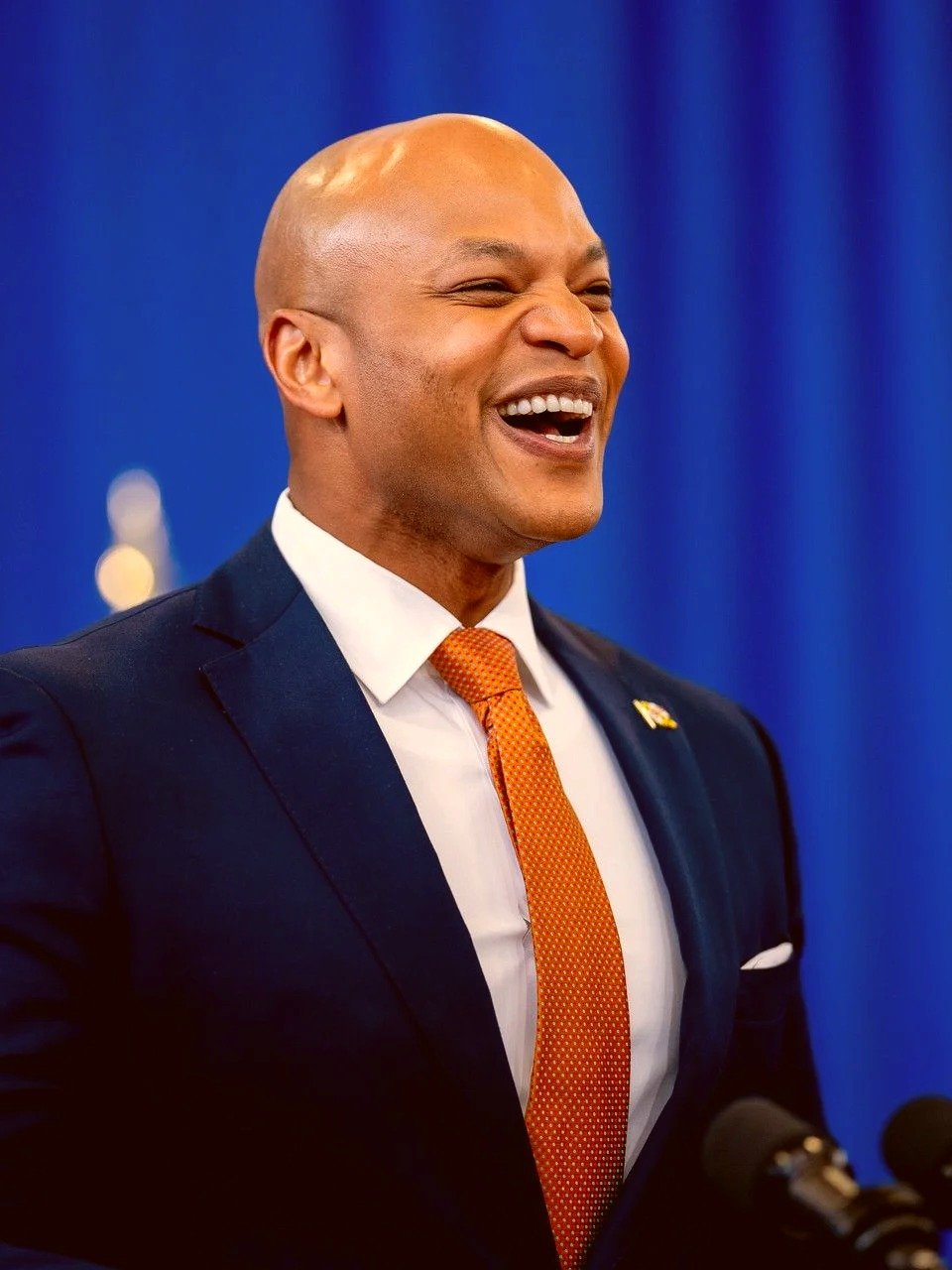
Moore’s election reconfigured expectations. He is Maryland’s first Black governor and one of only a few African Americans ever elected governor in U.S. history, a milestone with symbolic and political weight. His biography—Rhodes Scholar, Johns Hopkins alumnus, Army officer deployed to Afghanistan—connects elite academic credibility, military service, and community commitment in a single public profile. A late-2024 correction led to his Bronze Star being formally recognized after earlier paperwork questions, underscoring the scrutiny around veterans-service claims and the administration’s attention to institutional transparency. These strands—scholarship, service, and executive office—position Moore as a bridge figure for diasporic audiences and domestic constituencies seeking practical leadership. For AfroNouveau communities, his arc models how global education, disciplined service, and public purpose can combine to open new doors.
STORYTELLER
Moore is also a storyteller whose books and media projects turn individual lives into lessons for policy. His breakout book, The Other Wes Moore (2010), became a national bestseller and set the template for narrative-driven civic work. He co-authored Five Days and has produced broadcast work. Hosting Beyond Belief on OWN and executive producing the PBS mini-series Coming Back with Wes Moore in 2014, which followed veterans’ transitions to civilian life. Through Omari Productions and editorial projects he translates first-person accounts into public empathy and policy frames—echoing the storytelling of Trevor Noah and other AfroNouveau voices featured on Afro-Lately.
That narrative craft has been central to his ability to persuade donors, voters, and policymakers to fund and enact change. AfroNouveau creators can read his media strategy as a playbook: stories fuel policy, and policy rewards purposeful storytelling.
CREDENTIALS & ACHIEVEMENTS
- 63rd Governor of Maryland (2023–present) — first Black governor in the state’s history.
- Former CEO of Robin Hood Foundation, one of the largest anti-poverty nonprofits in the U.S.
- Bestselling author of The Other Wes Moore and Five Days.
- Decorated U.S. Army officer, combat veteran of Afghanistan.
- Rhodes Scholar, advocate for equity, opportunity, and public service.
Dear AfroNouveau,
Wes Moore’s blend of service, storytelling, and systems thinking offers an AfroNouveau blueprint. He’s showed how disciplined public service, strategic philanthropy, and cultural voice can be stitched into a practical program for generational opportunity.

